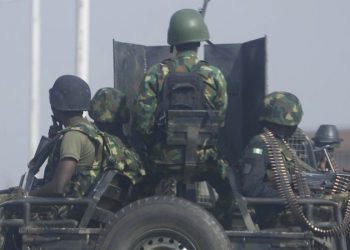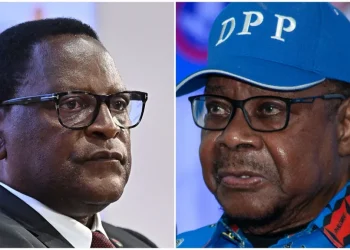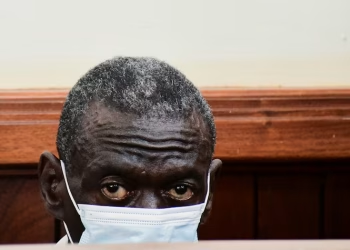Maurice Kamto Excluded from Cameroon’s 2025 Presidential Race
Maurice Kamto, the prominent opposition leader in Cameroon, has been excluded from the list of presidential candidates for the 2025 general election. Kamto, who was President Paul Biya’s main challenger in the 2018 elections, has now been denied the opportunity to run in the upcoming race, a decision that has sparked controversy.
The Exclusion and Kamto’s Response
Kamto, who was a candidate for the Cameroon Renaissance Movement (CRM) party in 2018, came second in that election amid allegations of election fraud. This time, his attempt to run again has been blocked by the country’s electoral body, Elecam. Of the 83 candidates who initially registered, only 13 were accepted, and Kamto’s name was notably absent.
The reason for his exclusion stems from internal party issues. Kamto, who had joined the Manidem party after his fallout with CRM, was one of two candidates to represent the party. However, another candidate from a splinter faction also registered under the same party name. This created a dispute, with Kamto’s exclusion seen as “arbitrary and provocative,” according to Manidem president Anicet Ekane.
Kamto, reacting to his exclusion, emphasized that the decision was part of a larger effort to deny the people of Cameroon their right to vote. He cited irregularities in the electoral process, including voter bribery, intimidation, and the failure to properly verify voter records.
Paul Biya to Seek Eighth Term
Despite Kamto’s exclusion, President Paul Biya, the world’s oldest sitting president at 92, remains on the ballot and is set to contest for an eighth consecutive term. Biya, who has been in power for nearly 43 years, remains defiant, stating that he still has much to offer the country. He will face competition from two former allies, Issa Tchiroma Bakary and Bello Bouba Maigari, both of whom hail from the politically significant northern region.
Kamto’s exclusion has reignited discussions on Cameroon’s political landscape and the ongoing challenges in the country’s democratic processes. Many opposition members view the decision as part of a broader strategy by Biya’s government to secure his continued rule, despite increasing dissatisfaction among the population.
Political Fallout and Regional Impact
This exclusion also raises concerns about the state of democracy in Cameroon. Kamto’s attempts to challenge the ruling government have been met with increasing opposition from the government, which has often faced criticism for its handling of elections and suppression of political dissent.
Kamto’s exclusion is likely to fuel more tensions in the country, particularly among opposition parties and civil society groups that have long accused the government of electoral fraud and human rights abuses.
What’s Next for Kamto?
Kamto has yet to make a full public statement following the decision, but his exclusion underscores the deepening political divide in Cameroon. With the 2025 elections fast approaching, the exclusion of prominent opposition figures like Kamto will likely spark further unrest, as many Cameroonians continue to question the legitimacy of their electoral system.
As the political climate grows increasingly charged, Kamto’s next steps will be closely watched. Whether he will pursue legal avenues to challenge the decision or continue advocating for his supporters remains to be seen.https://www.youtube.com/watch?v=gx90dqq8gPY












